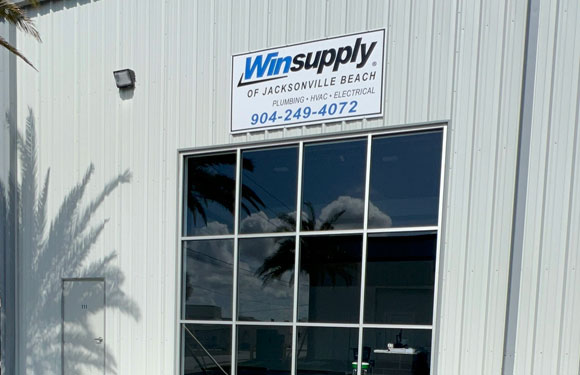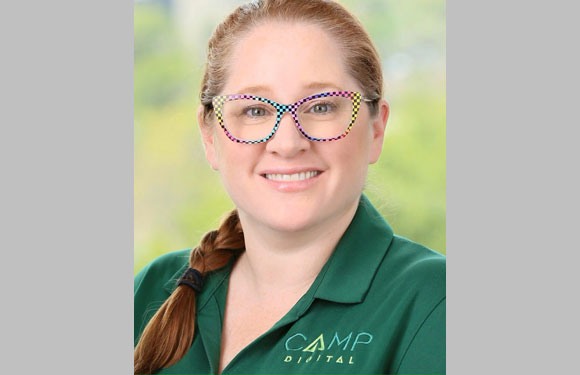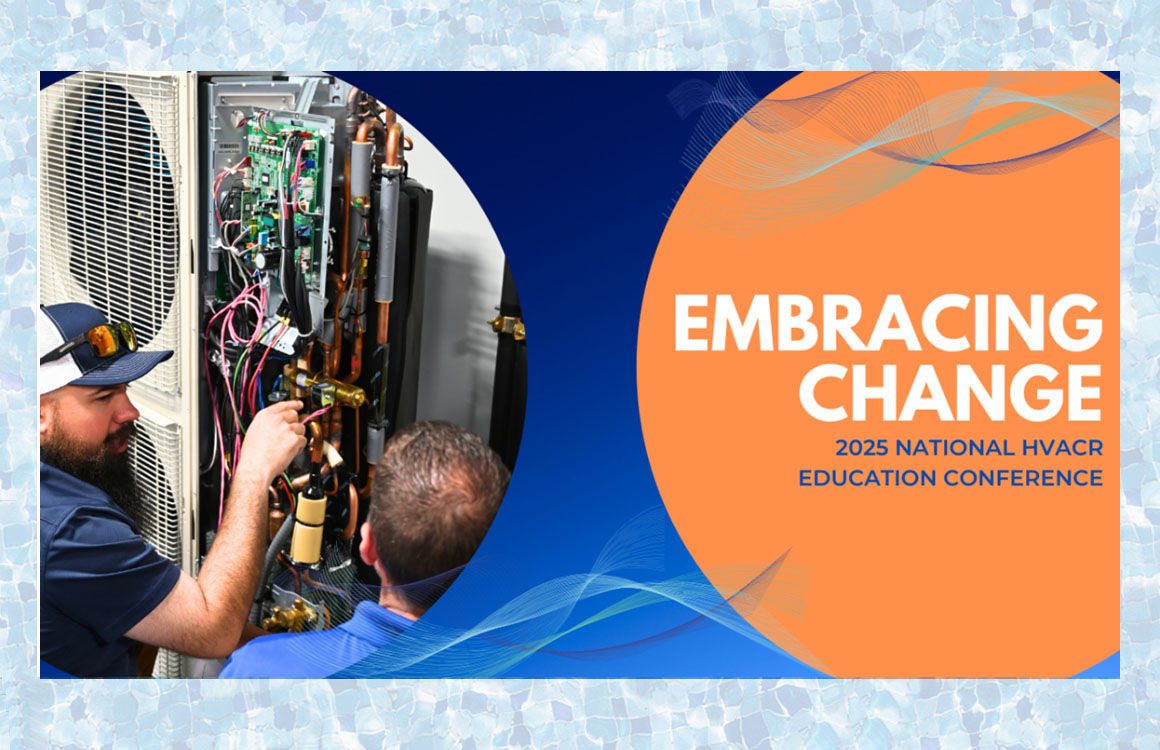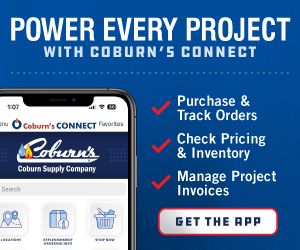
News
Tips for HVAC Contractors to Get Paid on Time
By Patrick Hogan, CEO Handle.com
One of the leading worries of HVAC contractors is how to keep a regular flow of cash. Like any small business, HVAC contractors need cash to pay the bills and keep things afloat while attracting new customers.

The situation worsens when customers delay payments, and contractors cannot get paid despite repeated attempts. Often, many promising HVAC contractors end up shutting up shop due to insufficient funds.
On paper, the simplest solution is to do the work and immediately get paid. But in reality, it’s a bit challenging.
On the one hand, contractors want to get the payments on time; on the other, they want to avoid hurting their relationships with clients.
So, can HVAC contractors do anything about it?
If you are an HVAC contractor who struggles to secure payments from customers, continue reading. This article offers a few tips that you can use to improve the situation.
Make a detailed contract and reiterate the payment terms upfront
Your contract should be well laid out. It should specify when the customers need to make the payments, depending on the agreed-upon milestones.
Your target should be to get paid immediately after the job—every time. Understandably, there might be situations when it’s not possible to get paid instantly, but work with the mindset of collecting payments as soon as possible.
Once your contract is set, remember to highlight the payment terms to the customer upfront
Accept multiple modes of payment
Offer various payment options to customers. The more convenient the payment options, the easier it becomes to make a payment.
Credit card payments are ideal. Everyone carries and uses credit (and debit) cards these days. There might be an additional cost to use the services, but you can always build it inside your pricing.
Create a reliable invoicing system
A client will not pay you on their own initiative. They need an invoice against which to make the payment.
The generally accepted practice is for contractors to raise the invoice to clients and specify the payment’s due date.
A robust invoicing system goes a long way in ensuring timely payments. It is also an indicator of a professional setup. Consider the following while setting up the invoicing system:
- What does your invoice look like?
- When do you send it to the customer?
- How do you send it?
- In how many days should the customer make the payment?
- Is the system manual or automated?
Use Preliminary Notices
Contractors have a few legal options to recover payments from customers. One of which is to send a preliminary notice, also called pre-lien notice. You send this notice to let customers know about your participation in their project and that you are aware of your lien rights. In many states, sending a preliminary notice is also a requirement for filing a mechanics lien in the event of a payment dispute.
Bonus Tips
The following are some of the best practices of experienced HVAC contractors:
- Always offer cash-on-delivery to new customers. For existing customers, provide a 30-day period to pay the invoiced amount.
- Do not let accounts become overdue. A 30-day period can quickly escalate to 60 or 90 days.
- When the money is flowing in, overdue payments often fall through the cracks. Keep an eye on pending payments in good times as well.
- Don’t take legal action too soon.
- When the payments are pending for an extended period, stop all current work for the client.
- Include late payment fees in your payment terms. Impose penalties for late payments.
- Determine when you’d like to use collection agents. Choose an agency that gets paid only when they collect the amount on your behalf.
- Be kind to customers when there is a genuine case, such as someone losing their job.
Conclusion
There is another best practice that deserves a separate mention: Preserve your relationship with your customers!
A customer with overdue payments is still your customer. When a payment is due, follow up with friendly calls and ask if they need something (example: copies of invoice). Try to secure a date by which they expect to make the payment.
The golden rule is to maintain customer relationships, yet collect the payment as soon as possible after the work is completed. The longer a bill goes unpaid, the more difficult it becomes to recover the money.
About the Author
Patrick Hogan is the CEO of Handle.com, where they build construction software that helps contractors, subcontractors, and material suppliers with filing documents like preliminary notices to avoid late payments. Handle.com also provides funding for construction businesses in the form of invoice factoring, material supply trade credit, and mechanics lien purchasing.














